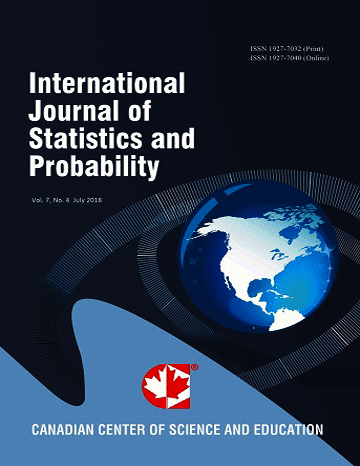Sex Preference, Religion and Ethnicity Roles in Fertility Among Women of Childbearing Age in Nigeria: Examining the Links Using Zero-Inflated Poisson Regression Model
- Ayo Stephen, Adebowale
- Soladoye, Asa
- John Olugbenga, Abe
- Funmilola Folasade, Oyinlola
Abstract
The study aimed at examining the independent and joint influence of three cultural factors; religion, sex preference (SP) and ethnicity on fertility in Nigeria. Cross-sectional population-based cluster design approach was used for the study. The investigated population group was women of reproductive age (n=19,348). Probability of bearing ≥5 children, refined Total Fertility Rate and mean fertility were used to assess fertility. Data were analyzed using demographic and Zero-Inflated Poisson models. Fertility indices were higher among the Hausa/Fulani ethnic group than Igbo and Yoruba and also among Muslim women than Christians. Interaction shows that the probability of bearing at least five children was highest among women who; have no SP, belong to Islamic religious denomination, and of Hausa/Fulani ethnic group. The fertility incident rate ratio (IRR) was higher among women with no SP than women who have SP and also higher among Hausa/Fulani than Yoruba but lower among Christians than Muslims. Fertility differentials persists by ethnicity, religion and SP after controlling for other important variables. Difference exists in fertility among religious, ethnic groups and by SP in Nigeria. Fertility reduction strategies should be intensified in Nigeria, but more attention should be given to Muslims and Hausa/Fulani women.
 PDF
PDF
